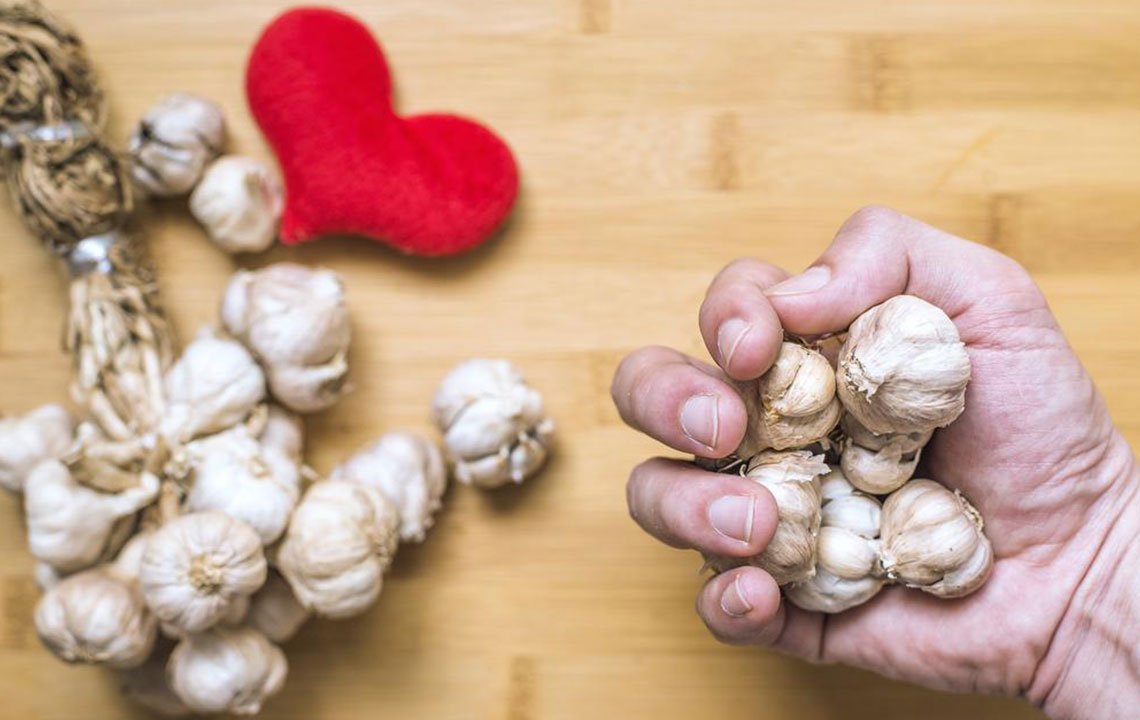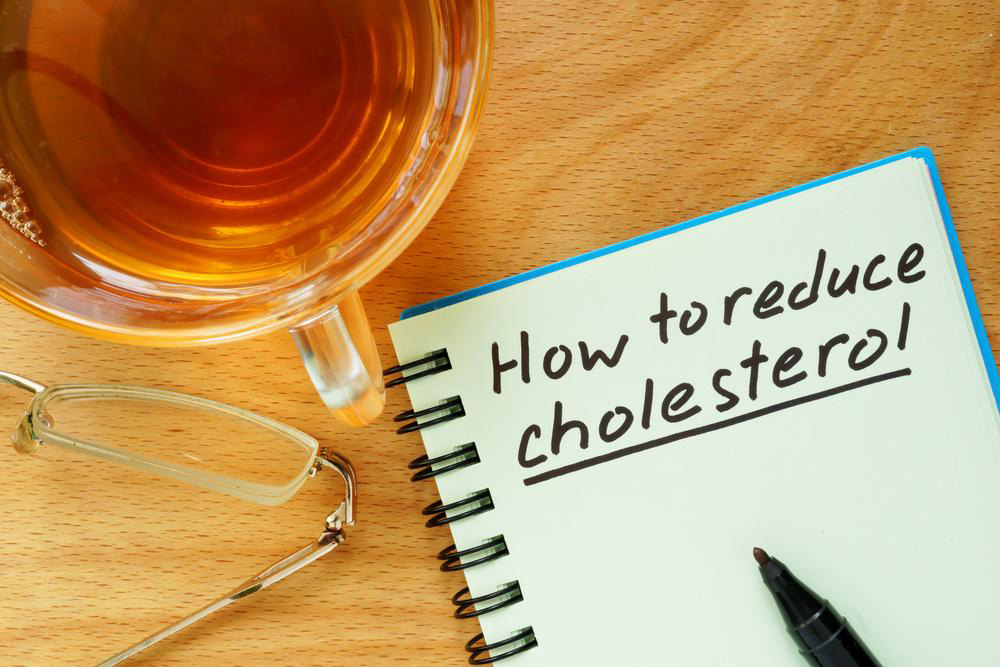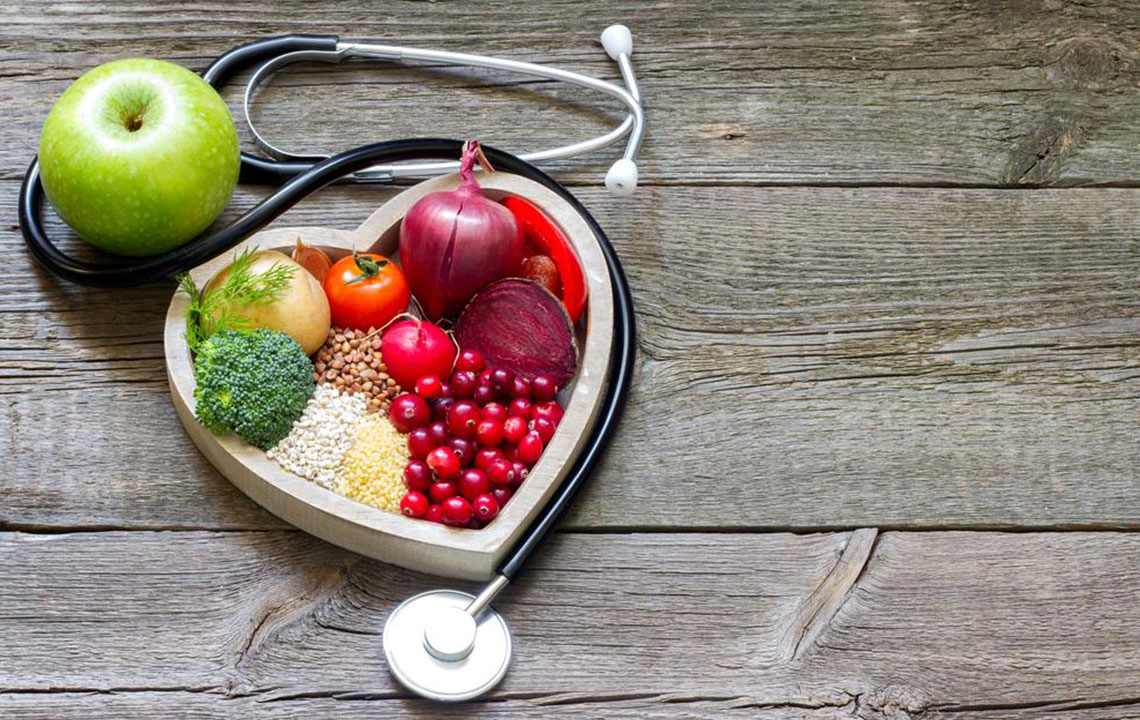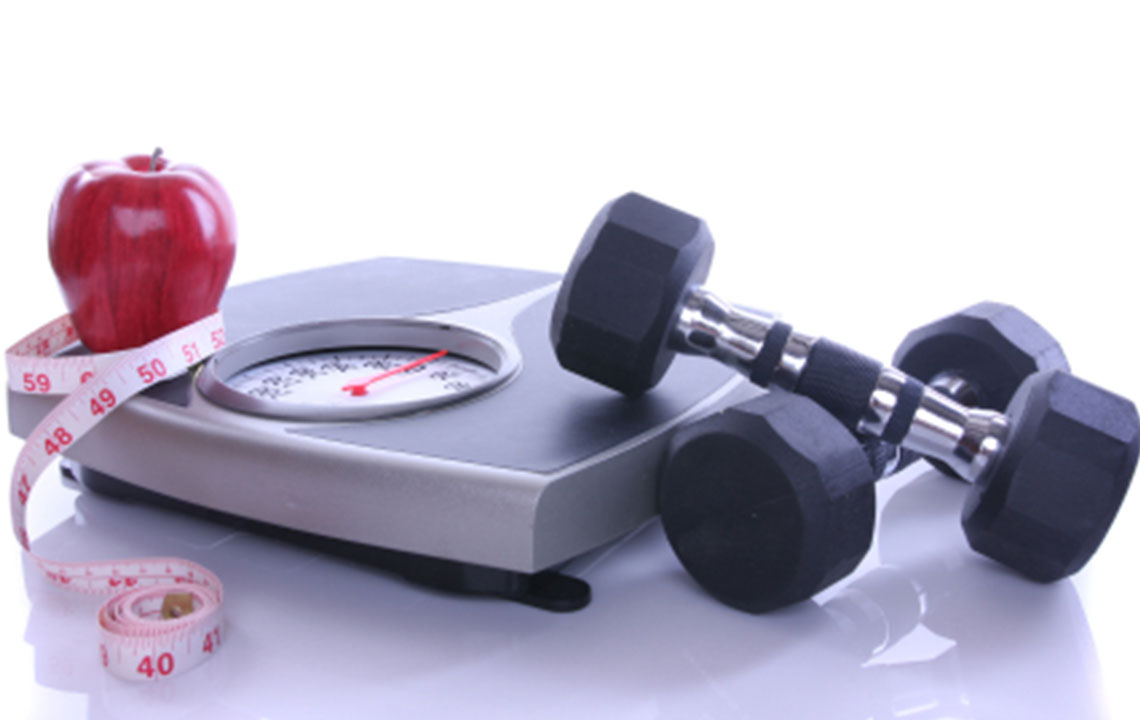Effective Dietary Strategies to Reduce Cholesterol Naturally
Discover effective dietary and lifestyle tips to naturally lower LDL cholesterol levels. Incorporate fiber-rich fruits, vegetables, whole grains, and healthy fats into your diet while avoiding trans fats and excessive saturated fats. Regular exercise and avoiding smoking and alcohol further support cardiovascular health. Follow professional guidance for best results and monitor your cholesterol regularly for a healthier, heart-friendly life.
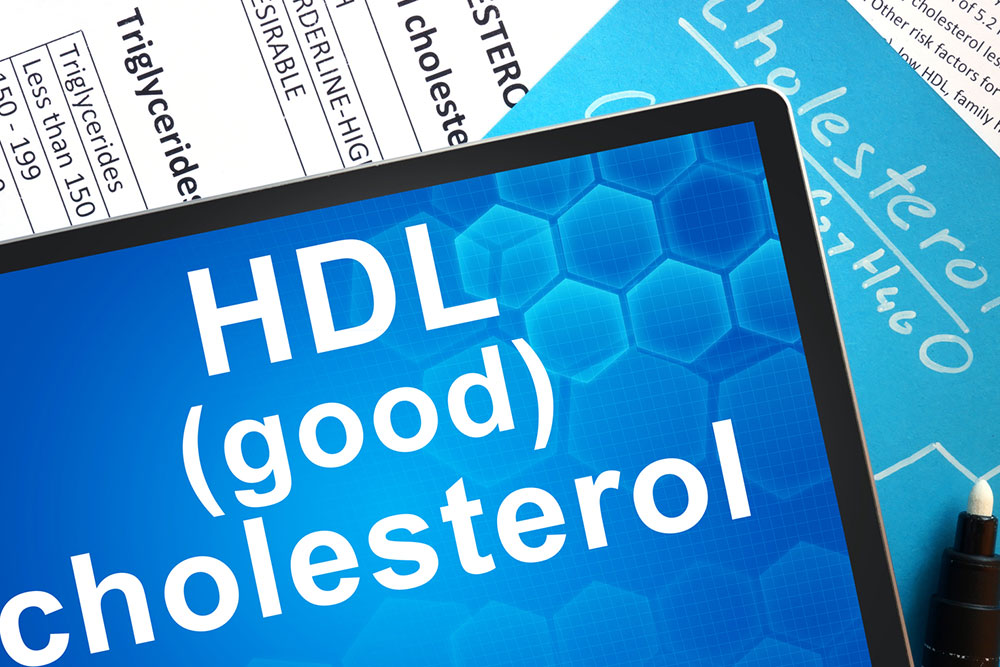
Effective Dietary Strategies to Reduce Cholesterol Naturally
Looking for natural ways to lower LDL levels? Cholesterol is a vital substance that supports cell formation in our bodies. It travels through the bloodstream attached to lipoproteins—mainly LDL (bad cholesterol) and HDL (good cholesterol). HDL helps remove cholesterol from the bloodstream, transporting it to the liver for elimination. Conversely, excess LDL can deposit on arterial walls, narrowing arteries and increasing heart attack risk. Maintaining an optimal balance between these is crucial for heart health.
Unhealthy diet, lack of physical activity, smoking, and genetics can elevate LDL levels. To manage this naturally, incorporate foods that promote heart health. Regular lifestyle changes can significantly improve cholesterol profiles without medication.
Key dietary tips include:
Fruits and Vegetables: Rich in soluble fiber that binds cholesterol in the intestines, aiding removal. They are low in calories and packed with antioxidants.
Whole Grains: Oats, oat bran, and beans provide insoluble fiber that enhances digestion and reduces cholesterol absorption.
Low-fat Dairy: Opt for skim or low-fat dairy products instead of full-fat options to lower LDL levels.
Lean Proteins: Skinless poultry like chicken and turkey offer high-quality protein with minimal saturated fat. Remove skin before cooking.
Fatty Fish: Salmon, mackerel, and sardines are high in omega-3 fatty acids, which are beneficial for heart health. Prepare them baked or grilled.
Nuts and Legumes: Unsalted almonds, walnuts, and other nuts provide monounsaturated fats and protein that support cardiovascular health.
Healthy Oils: Use oils rich in omega-3 and monounsaturated fats such as flaxseed, canola, walnut, and avocado oils.
Cereals: Select high-fiber, low-sugar cereals for better digestion and cholesterol reduction.
Soy Products: Tofu and soy milk help balance LDL and HDL levels thanks to their high protein content.
Plant Sterols and Stanols: Naturally occurring compounds that inhibit cholesterol absorption when included in meals.
Fiber Supplements: Help prevent cholesterol absorption, lowering LDL levels effectively.
Additionally, certain foods should be avoided to maintain healthy cholesterol levels:
Saturated Fats: Found in red and processed meats, chocolates, and baked goods—consume sparingly.
Trans Fats: Present in hydrogenated oils in fast food, margarine, and crackers. They decrease HDL and raise LDL.
Sweets: Limit intake of sugary treats, pastries, and snacks high in sodium and sugars.
Full-fat Dairy: Reduce consumption of butter, ice cream, and cream-based products.
Alcohol and Smoking: Moderation of alcohol and quitting smoking are essential for optimal cholesterol health.
In conclusion, adopting a healthy lifestyle, including a balanced diet and regular physical activity, is key to managing cholesterol naturally. If on medication, always follow your healthcare provider's guidance, and monitor your levels periodically for best results.


